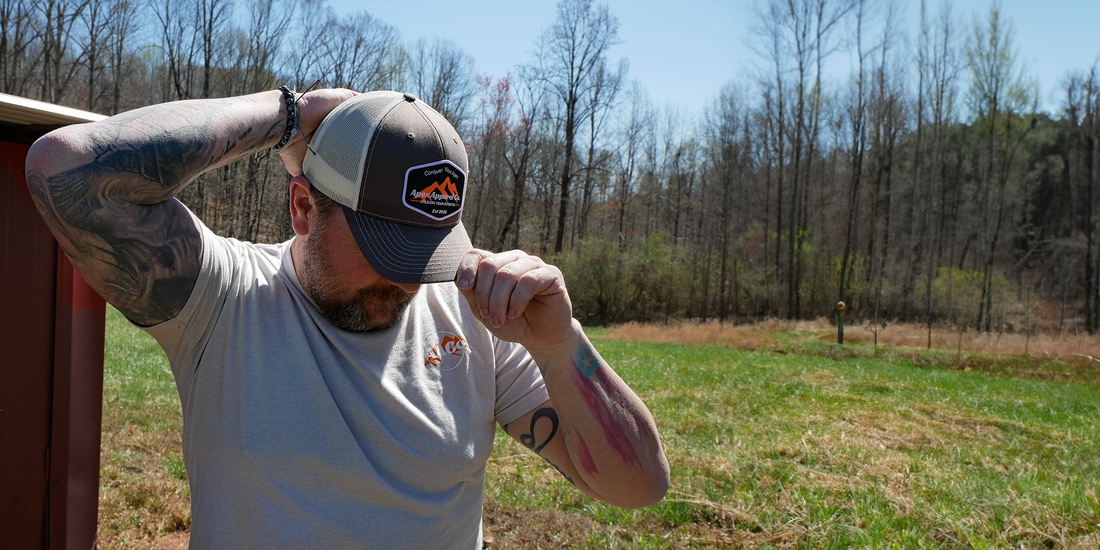Introduction
Life’s no smooth ride; it’s a rollercoaster of ups and downs. Yet, it’s not the challenges that define us, but how we bounce back. Enter resilience – our secret weapon in the battle against life's curveballs. So, what is resilience, and how can we harness it to lead a more fulfilling life? Let's dive in.
What is Resilience?
Resilience is the ability to adapt, recover, and grow stronger from adversity. It’s about facing challenges head-on and coming out the other side, not just intact but often better for it. Think of it as your mental and emotional muscle – the more you use it, the stronger it gets.
Why is Resilience Important?
Why does resilience matter? Well, life’s unpredictable. One moment you're cruising along, the next – bam! – you hit a bump. Resilience helps us handle stress, overcome obstacles, and keep pushing forward. It’s like a safety net for our mental health, keeping us grounded when the going gets tough.
Building Resilience
Building resilience isn’t a one-size-fits-all process. It’s personal, evolving, and requires consistent effort. Here are some tried-and-true methods to boost your resilience:
1. Cultivate a Positive Mindset
- Embrace Optimism: Look for the silver lining in every situation. It’s not about ignoring the bad but finding something positive to focus on.
- Gratitude Journaling: Jot down things you’re thankful for daily. It shifts your focus from what’s wrong to what’s right.
2. Develop Strong Relationships
- Lean on Your Support Network: Surround yourself with positive, supportive people who lift you up during tough times.
- Communicate Openly: Don’t bottle up your feelings. Talk about your struggles and seek advice when needed.
3. Practice Self-Care
- Physical Health: Regular exercise, a balanced diet, and adequate sleep are crucial. They’re the trifecta of resilience.
- Mental Health: Meditation, mindfulness, and hobbies can help reduce stress and boost your mood.
4. Set Realistic Goals
- Break it Down: Large goals can be overwhelming. Break them into smaller, manageable steps.
- Celebrate Small Wins: Every step forward is progress. Celebrate it!
5. Embrace Change
- Flexibility: Be open to new experiences and changes. They often bring unexpected opportunities.
- Adaptability: Learn to adjust your plans when things don’t go your way.
6. Learn from Experience
- Reflect: After facing a challenge, take time to reflect on what you learned.
- Apply Lessons: Use those lessons to handle future adversities more effectively.
The Science Behind Resilience
Why do some people seem naturally resilient while others struggle? It’s a mix of genetics, environment, and personal experiences. Studies show that resilience isn’t just an innate trait – it can be developed and strengthened over time.
The Brain’s Role
Our brains play a significant role in resilience. Neuroplasticity, the brain’s ability to change and adapt, means we can rewire our responses to stress. Practices like mindfulness and cognitive-behavioral techniques can help in this rewiring process, making us more resilient over time.
Hormones and Resilience
Stress hormones like cortisol and adrenaline are part of the body’s fight-or-flight response. While they’re essential for survival, chronic stress can lead to negative health effects. Resilience helps regulate these hormones, ensuring they don’t wreak havoc on our bodies.
Resilience in Action
Real-life examples of resilience are all around us. From athletes overcoming injuries to entrepreneurs bouncing back from failures, these stories inspire and remind us of the human spirit’s incredible strength.
Famous Examples
- Oprah Winfrey: Overcame a traumatic childhood to become one of the most influential women in the world.
- J.K. Rowling: Faced numerous rejections before Harry Potter became a global phenomenon.
- Nelson Mandela: Endured 27 years in prison and emerged as a symbol of peace and reconciliation.
FAQs About Resilience
What are the key traits of resilient people?
Resilient people often display optimism, flexibility, and the ability to learn from experiences. They maintain strong relationships and practice self-care regularly.
Can resilience be learned?
Absolutely! While some people may have a natural inclination towards resilience, it’s a skill that can be developed through consistent practice and effort.
How can I help someone build their resilience?
Support them emotionally, encourage positive thinking, and help them set realistic goals. Sometimes, just being there for them can make a huge difference.
Does resilience mean not feeling stress or negative emotions?
No, resilience isn’t about avoiding stress or negative emotions. It’s about managing them effectively and using them as a springboard for growth.
What’s the role of community in building resilience?
A supportive community can provide the emotional backing needed to face challenges. It helps individuals feel connected and less isolated, which is crucial during tough times.
Conclusion
Resilience isn’t a magic shield that keeps life’s challenges at bay. Instead, it’s a powerful tool that helps us navigate those challenges with grace and strength. By cultivating a positive mindset, building strong relationships, practicing self-care, setting realistic goals, embracing change, and learning from our experiences, we can strengthen our resilience and transform our journey. Remember, it’s not about avoiding the storm but learning to dance in the rain. So, let’s embrace our resilience and rise above life’s ups and downs.

